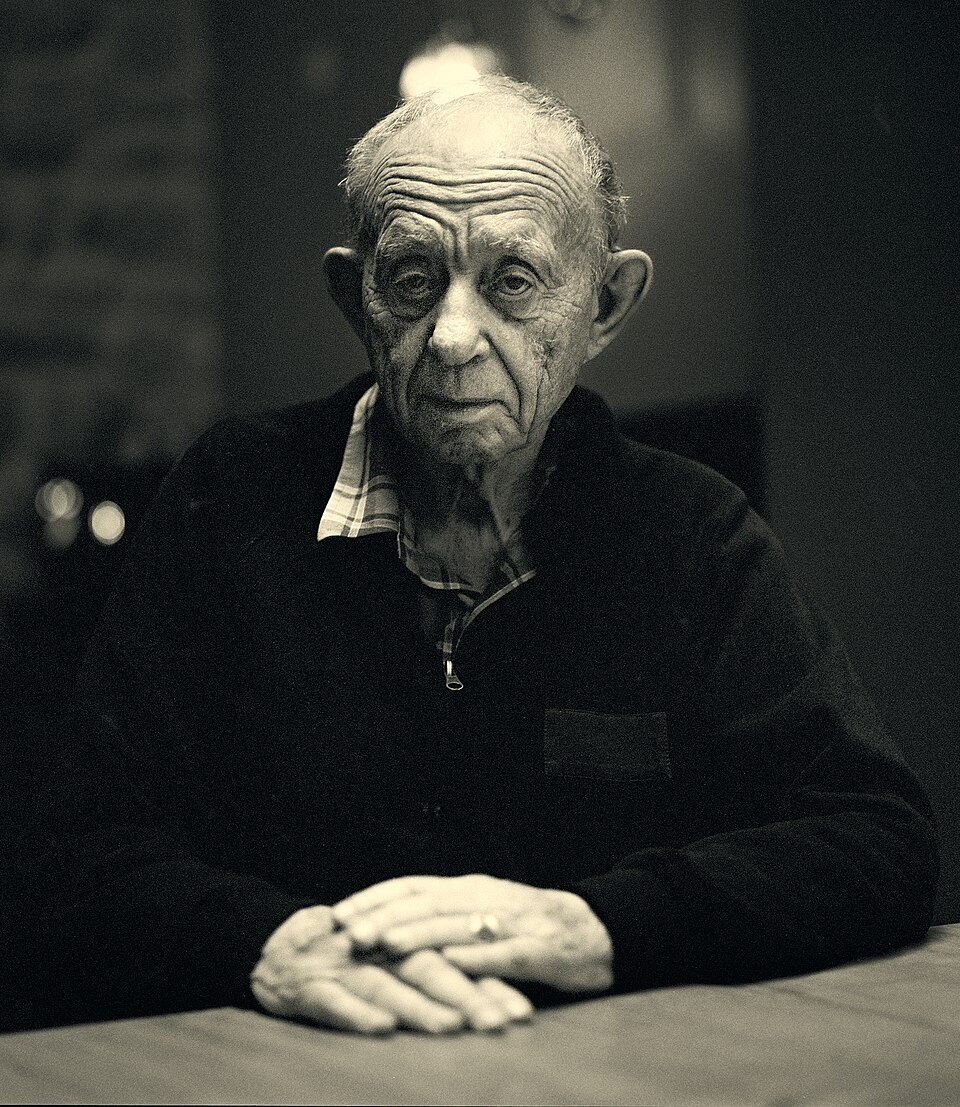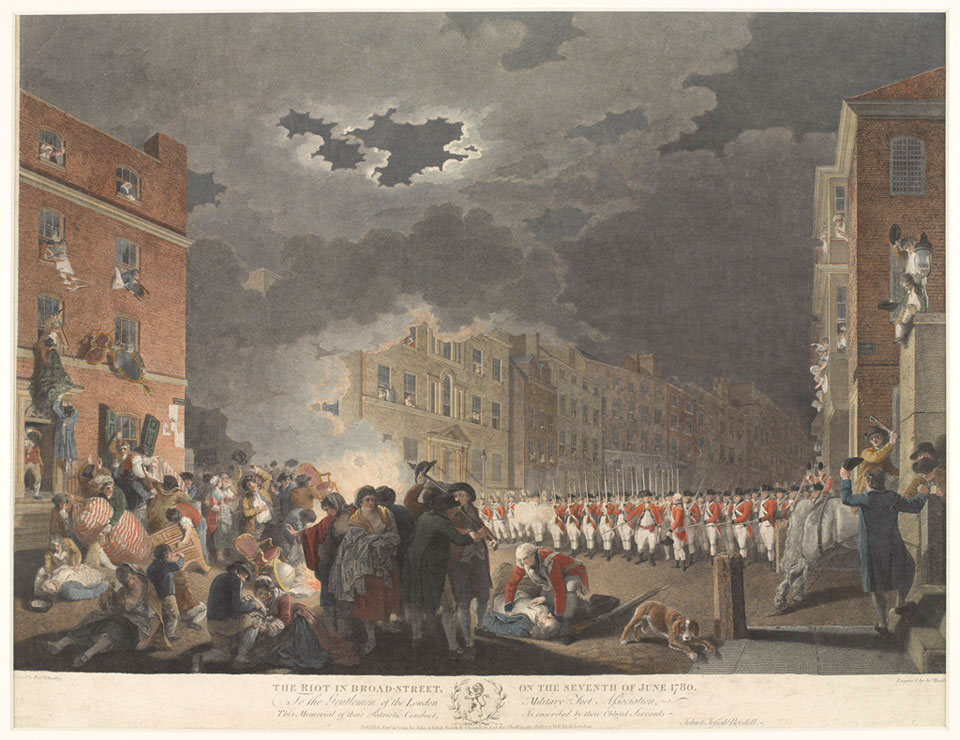Espionage in the Midwest
June 26, 2022

“Xiang Haitao hasn’t posted lately” says his LinkedIn page. It lists him working as an advanced imaging scientist for Monsanto “2008 – Present”—which is a bit awkward, since it omits the economic espionage conviction that jailed and then deported him.
What LinkedIn does not know is that Xiang quit in 2017—and booked a one-way flight back to China. Tucked into his baggage was one of Monsanto’s trade secrets.
This sort of economic espionage takes place with increasing frequency, part of the 700-plus China-related counterintelligence investigations the FBI now launches every year. But because the United States has an open market and laws protecting privacy, individual liberty, and the global collaborations of our corporations and universities, economic espionage is incredibly hard to prove and prosecute. Xiang’s conviction this spring was the first in the history of the Eastern District of Missouri.
For once, all the pieces fell into place. Because the FBI and Monsanto (now Bayer) had a longstanding relationship, the company called when a suspicious movement of data coincided with Xiang’s resignation. That Friday, during his exit interview, Xiang evaded certain questions. A check of his computer activity at work showed him googling the possible consequences of stealing data and how to get away with it.
Because Xiang had booked a one-way ticket to China leaving the morning after his exit interview, Customs and Border Patrol was alerted to do a secondary search. I imagine him sweating, hoping…. Agents detained his electronics but allowed him to board his flight.
FBI experts reviewed the data, translating the Mandarin, and confirmed their findings with the company. Sure enough, there on his flashdrive glowed one of Monsanto’s secret, proprietary algorithms.
• • •
Intrigued, I research this case by day. At bedtime, by coincidence, I am reading a new novel by Grace Li. Portrait of a Thief tells the story of five brilliant young Chinese-Americans who conspire to steal Chinese art from western museums and return the colonizers’ spoils to China. Their motives are a tangle of courageous patriotism, dubious ethics, and a restlessness need for excitement.
What was Xiang’s motive?
He lived in this country for sixteen years, if you do not count the two years he spent in jail awaiting a trial delayed by a pandemic. In the first five years, he earned a doctorate in agricultural engineering at the University of Illinois–Champaign-Urbana. Did he make friends in grad school, form study groups, go out for beer and pizza, find a professor who was delighted to mentor him? After graduation, he landed a good job with The Climate Corporation, which Monsanto acquired in 2013 for roughly $1 billion. (One of the biggest incentives was the tech he later stole.)
Did colleagues at Monsanto invite the Xiangs to their home for backyard barbecues or an American Thanksgiving? Did he sit in work meetings and let his mind drift to his planned theft? Easy to dismiss the concerns of a corporate giant, but what about the coworkers who had come to trust him? Did he have any qualms?
We will never know, because he refused a proffer deal that would require him to sit down and talk openly with U.S. law enforcement authorities about his crime. But on the day he was arrested, the case agent says he heard “a lot of denial and minimization. No remorse.”
• • •
What Xiang stole was a predictive algorithm called the Nutrient Optimizer. It was developed to be part of a software program for collecting agricultural field data, helping farmers both increase and improve productivity.
Xiang knew the algorithm’s value in 2015, when his computer searches show him looking into one of the Chinese government’s hundreds of talent plans. “A number of these plans require someone to bring technology with them,” notes Mark Dargis, assistant special agent in charge of national security, cybersecurity, and the entire intelligence program for the FBI’s St. Louis field office.
In the United States, stealing information from another country is illegal. But China seems to have no compunctions. “‘Made in China 2025’ is a government strategy paper that said in order for China to be economically and strategically independent nation, they needed to be self-sufficient in a number of sectors,” Dargis says, “and one was agriculture. This was not only an economic development strategy document but also a national security strategy document.”
Lesley Edge, supervisory special agent for counterintelligence in the local FBI office, nods. “The U.S. is between seven and twenty years ahead of China in tech across many sectors. They want to catch up, and acquiring tech lets them leapfrog ahead. One Chinese talent plan member, a former Monsanto employee, even told a Chinese news outlet that he worked for a large enterprise owned by the Chinese government, and the goal was to drop the gap with the U.S. from fifteen years to five.”
Maybe Xiang was so worried about feeding his people, he rationalized the steal. Or maybe he wanted the $150,000 talent bonus he would receive from the Chinese government. Either way, he signed on. He would leave Monsanto to work at the Chinese Academy of Science’s Institute of Soil Science in Nanjing. And he would bring that exciting new algorithm with him.
• • •
While Xiang began work in his new lab in Nanjing—sans algorithm and perhaps trying desperately to recreate it—the FBI continued its investigation. They built a case so solid that the U.S. Attorney’s office, famously wary of any case it cannot win, agreed to prosecute. But first Xiang would have to return to U.S. soil so they could arrest him.
He had been back several times already to see his wife and daughter. “We weren’t ready yet,” explains Edge, “so we didn’t tip our hand.” A federal grand jury indicted Xiang on one count of conspiracy to commit economic espionage, three counts of economic espionage, one count of conspiracy to commit theft of trade secrets and three counts of theft of trade secrets. Now, the FBI and the Department of Justice only had to play a waiting game.
In November 2019, Xiang flew home for his daughter’s dance recital and opened the door to the FBI.
• • •
Why are these cases so tough to prosecute? By U.S. law, a trade secret has to be unique property that has economic value and has been reasonably protected from public access. Knowingly targeting or acquiring trade secrets is deemed economic espionage if it is done with the intention of benefiting any foreign government, instrumentality, or agent.
Most of that could be proven in Xiang’s case, although the defense and prosecution could not agree about the trade secret’s potential economic value. Nonetheless, “it can take hundreds of millions of dollars and many years of R&D to develop these trade secrets,” Edge points out.
Xiang pleaded guilty to one count of conspiracy to commit espionage. The sentencing guidelines for a crime such as his ranged from ten to sixteen months (though they can go much higher in other cases of economic espionage). Because of the seriousness of this particular crime, though, the judge allowed an upward variance. Xiang was sentenced to twenty-nine months plus—did the judge have a sense of irony?—a fine of $150,000. The typical starting bonus in the Chinese Thousand Talent Program.
Because of trial delays, Xiang had already served most of his sentence, so his deportation was ordered.
The Xiangs have a lovely home in Chesterfield. Will his wife follow him back to China, I wonder. Does she love his patriotism or hate his deception? Their daughter, born in a U.S. hospital, was an instant U.S. citizen. When she grows up, will she despise her father’s actions or see them as bravely heroic?
And would all this look entirely different to me if a brilliant scientist from the United States had managed to snag some useful tech from a rival who stood in our way?
• • •
Tech is transforming economic espionage. “Back when the economic espionage statute was written,” Dargis says, “the assumption was that someone was trying to cross the border with a briefcase stuffed with trade secrets. Obviously, the big game-changer has been cybertech and the ability to transfer huge amounts of information digitally.”
Why did Xiang use a flashdrive instead of a fast, slick electronic transfer? Maybe his google search suggested it would be subtler, harder to detect. With so many ways to steal and so many tech advances to pirate, there are no predictive algorithms for the espionage itself. So how can an open society protect research without stifling innovation and collaboration? The FBI knows not to infringe on universities or companies that hire foreign talent, but agents do a ton of outreach, eager to help any organization—whether it is a four-person family business or a Fortune 500 corporation—seal off its secrets ahead of time. “It doesn’t have to be ‘Come out and investigate,’” Dargis emphasizes. “We want to prevent espionage.” For us, cybersecurity is national security.
With the silence broken by Xiang’s prosecution, Dargis hopes the rest of us in the safe and calm Midwest will pay closer attention to the risks. “People tend to think of economic espionage as involving tech companies in California or defense contractors on the East Coast,” he says, “but it can happen anywhere.”
And because China uses amateur spies, they often make mistakes.
Read more by Jeannette Cooperman here.




